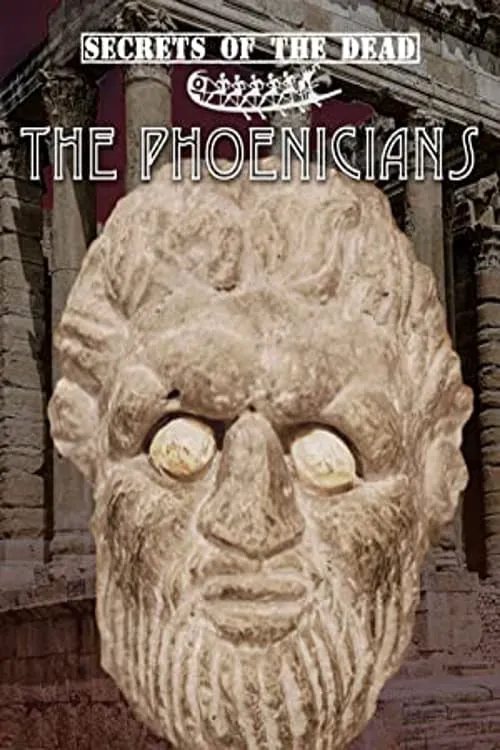Secrets of the Dead: The Phoenicians

Plot
The ancient civilization of the Phoenicians, a seafaring people known for their advanced maritime skills, sophisticated trade networks, and impressive cultural achievements, have for centuries been shrouded in mystery and misconception. Their once-flourishing civilization, which stretched from the eastern shores of the Mediterranean to the Iberian Peninsula, was reduced to rubble in 146 BC, when the Romans, under the leadership of the ruthless General Scipio Aemilianus, laid siege to and razed the city of Carthage, the Phoenician capital. Following this catastrophic event, the Roman Empire went on to perpetuate a sinister campaign of propaganda, portraying the Phoenicians as bloodthirsty and power-hungry villains. This distorted image of the Phoenicians as cruel and ruthless has lingered for millennia, casting a shadow over their remarkable achievements and rich cultural heritage. However, recent archaeological discoveries and research have shed new light on the truth about this enigmatic civilization. As we delve into the world of the Phoenicians, we find a people who were, in fact, accomplished maritime traders and explorers, who mapped the Mediterranean and its islands with remarkable precision. Their sophisticated ships, with advanced navigational devices, allowed them to traverse the vast expanse of the Mediterranean with unprecedented efficiency, forging a network of trading posts and colonies that stretched from Tyre, their holy city, to the distant shores of modern-day Spain. The Phoenicians were renowned for their skill as navigators and craftsmen, and their innovations in shipbuilding and navigation had a profound impact on the ancient world. They introduced the concept of the alphabet, which allowed for the widespread dissemination of knowledge and the recording of history, laying the foundations for the written word as we know it today. Their expertise in metallurgy led to the development of advanced tools and technologies that facilitated their exploration and exploitation of the vast mineral resources of the Mediterranean. However, the Phoenicians were not simply one-dimensional figures of myth and legend. They were a complex and multifaceted society, with their own distinct culture, language, and tradition. Archaeological evidence suggests that they were an egalitarian people, with a strong emphasis on the rights and dignity of all individuals, regardless of social status. Their women enjoyed a higher degree of freedom and autonomy than many of their contemporaries, and their mythology and art reveal a deep appreciation for the mysteries of nature and the cosmos. It is a testament to the ingenuity and adaptability of the Phoenicians that they were able to thrive in the face of the numerous challenges and setbacks that they faced. Theirs was a fragile existence, constantly threatened by the machinations of rival powers and the capricious forces of nature. Yet, despite these odds, they continued to innovate and adapt, harnessing their unique mix of intelligence, courage, and creativity to forge a rich and vibrant culture that would leave an indelible mark on human history. The destruction of Carthage in 146 BC marked the end of an era, but it also masked the complex and multifaceted nature of the Phoenicians. Through a combination of archaeological discoveries, historical research, and innovative technologies, we are now beginning to unravel the tangled threads of their history, painting a more nuanced and accurate picture of this enigmatic civilization. As we continue to explore the secrets of the Phoenicians, we are uncovering evidence that challenges the prevailing narrative of their history. We are learning about their sophisticated systems of governance, their complex social hierarchies, and their extraordinary achievements in the fields of science, technology, and the arts. In conclusion, the legend of the Phoenicians as monstrous villains has been grossly exaggerated, and their true story is far more fascinating and complex. As we strive to rediscover and celebrate the achievements of this remarkable civilization, we are not only shedding new light on the past, but also illuminating the very fabric of human civilization itself.
Reviews


